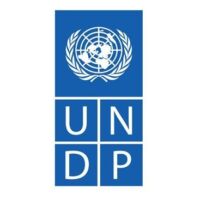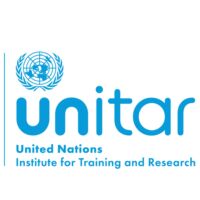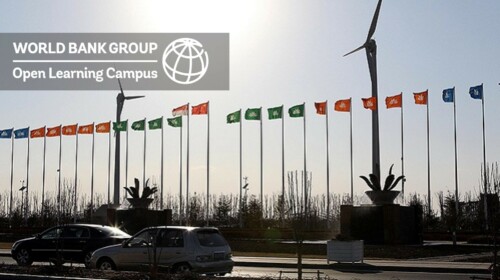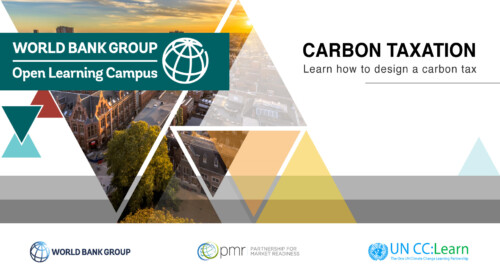This self-paced Massive Open Online course (MOOC) has been developed by the United Nations Institute for Training and Research (UNITAR) and the United Nations Development Programme (UNDP). A number of countries have attempted to better link their budgeting with the SDGs and national planning overall, however, the progress is uneven. As underscored in the recent UNDP guidance, any country regardless of its budgeting system can take a number of steps that can help align the allocation of public resources with the national SDG priorities. This set of measures has however to be adapted to the specific situation of the country. In addition, there is a broader need to enable Parliaments to play a more active role when it comes to fiscal oversight in connection with national priorities and SDGs as well as pro-actively influence budget formulation where national budgeting processes allow so.
This e-learning course aims to build the capacity of countries – representatives from Ministries of Finance, Economy and other Ministries that may be actively involved in the budgeting processes, members of Parliament working on finance/budgeting issues, Supreme Audit Institutions (SAI), academia and other stakeholders including staff of UN Country Teams and international organizations working on SDG financing frameworks to guide the cooperation framework with the national counterparts – through raising awareness on how to foster policy coherence by anchoring the SDGs in the national budgets; strengthening their knowledge of possible approaches and tools on how to better align SDG budgeting, and strengthening the role of the Parliaments in this respect.
Detailed guidelines on specific areas - including SDGs and strategic budgeting, SDG budget coding and tagging, SDGs and subnational budgeting, and SDGs - transparency and accountability, are being developed and will be made part of future training courses on the above specific topics.
Target Audience
The target audience of the e-learning course is relevant staff from Ministries of Finance, Economy, and other Ministries that may be actively involved in the budgeting processes, members of parliament working on finance/budgeting issues, Supreme Audit Institutions (SAI), academia, and other stakeholders including staff of UN Country Teams and international organizations working on SDG financing frameworks to guide the cooperation framework with the national counterparts.
Learning Objectives
It is expected that, by the end of the course, participants will be better positioned to:
- Define the importance of the budgeting aligned to national strategies on SDGs to promote greater policy coherence
- Discuss how budgeting can be aligned with SDGs at varying stages of PFM reform or maturity of performance-based budgeting systems and more specifically in their country context
- Describe 2-3 approaches to strengthen the monitoring of the SDG-aligned public spending using budget coding and to evaluate the effectiveness of SDG related public spending given the specific country context
- Explain how the role of Parliaments can be strengthened when it comes to budgeting and fiscal oversight of SDGs









